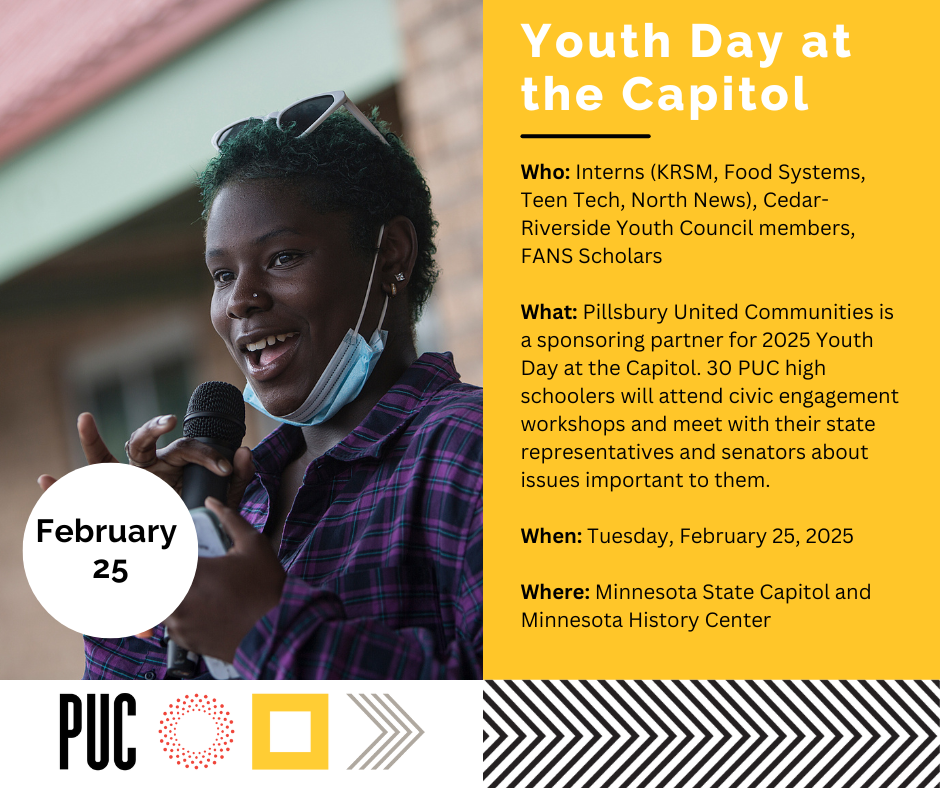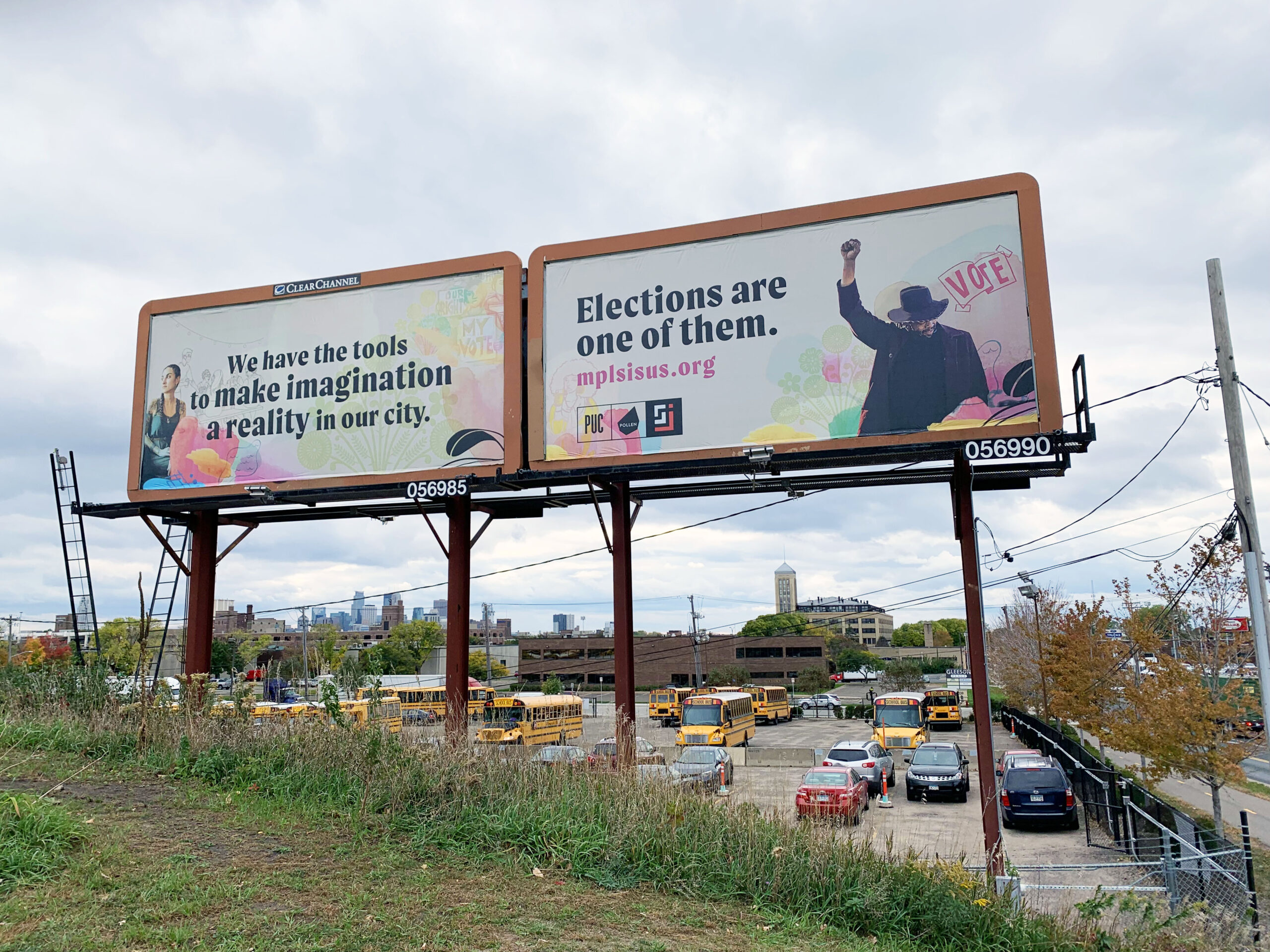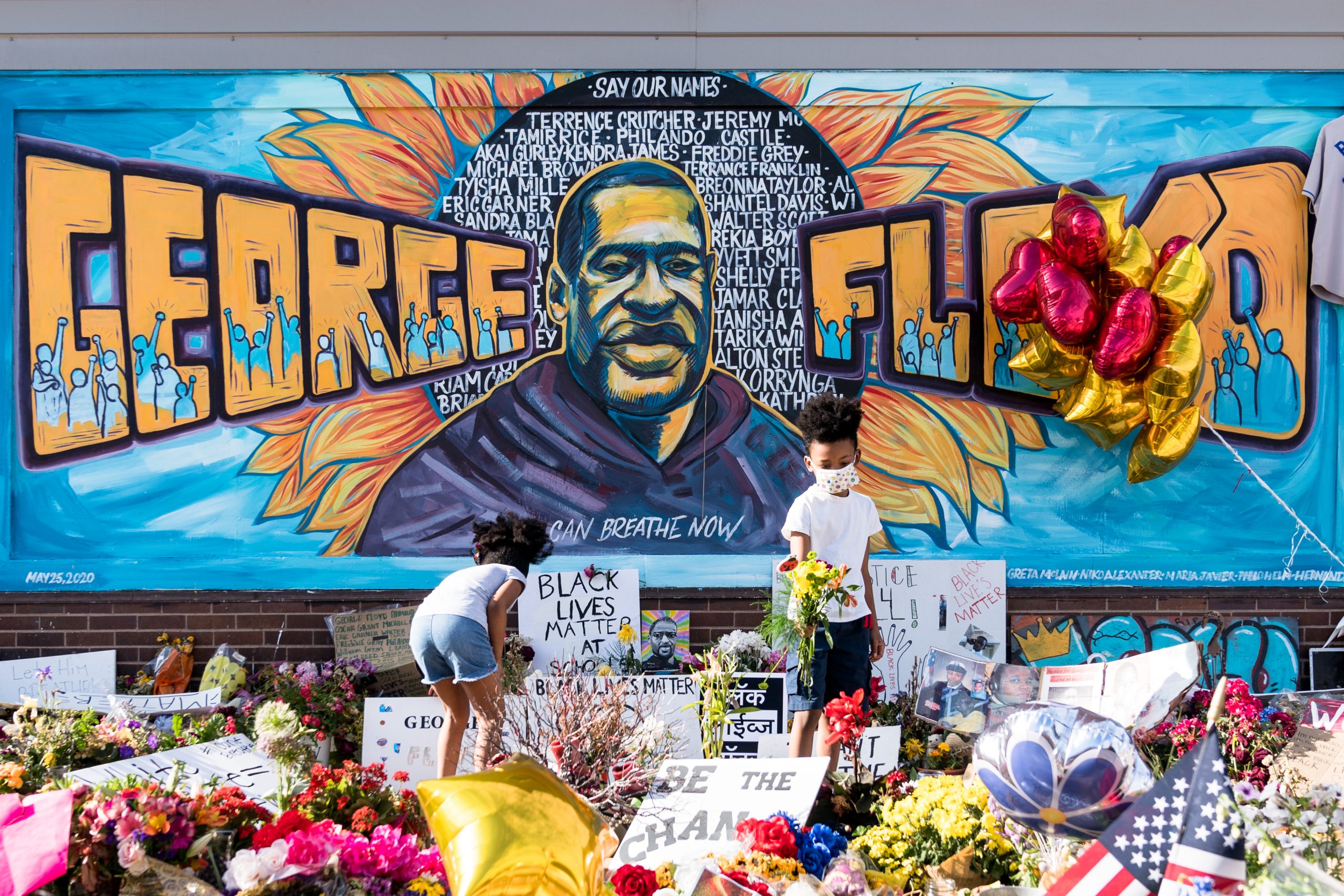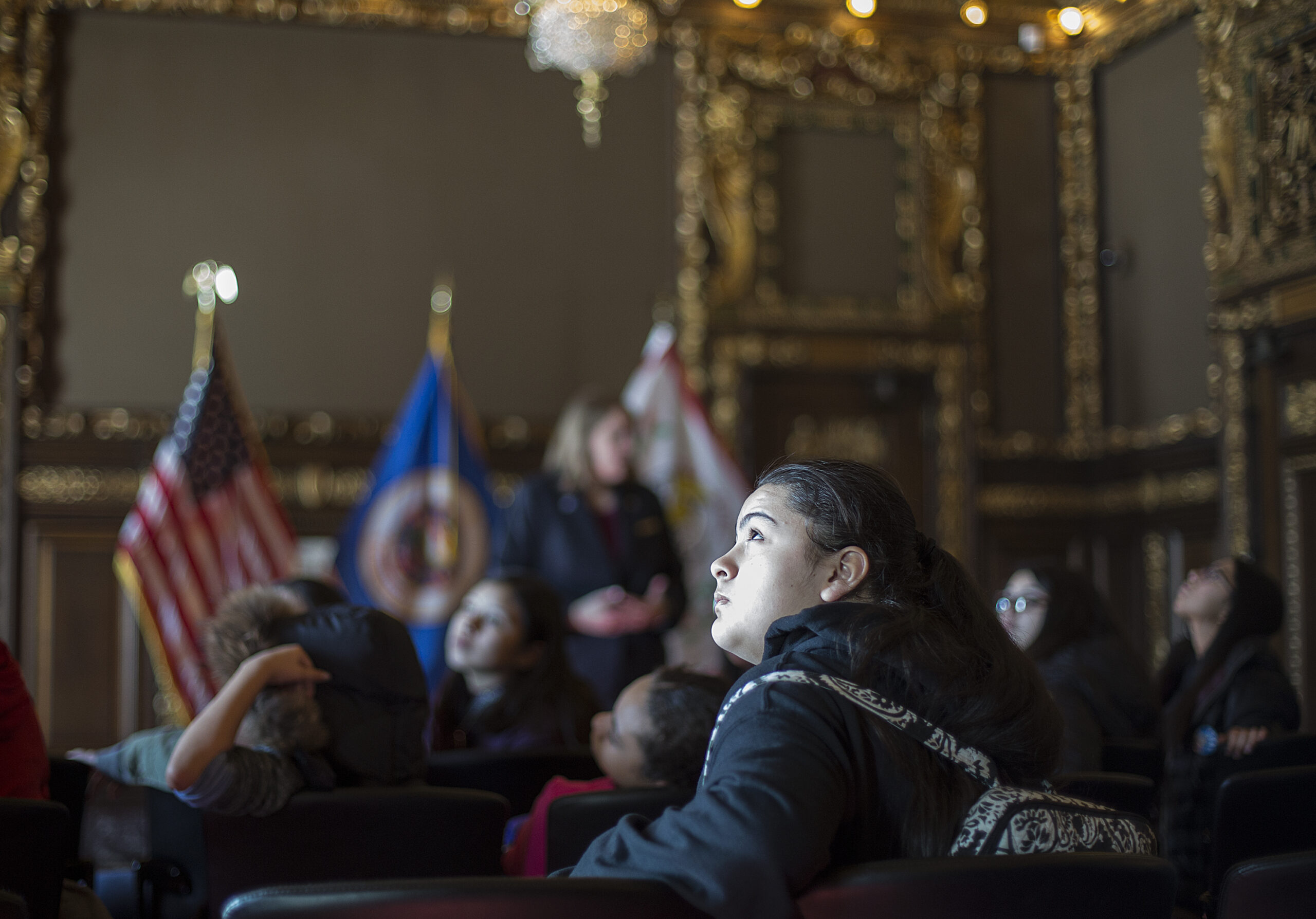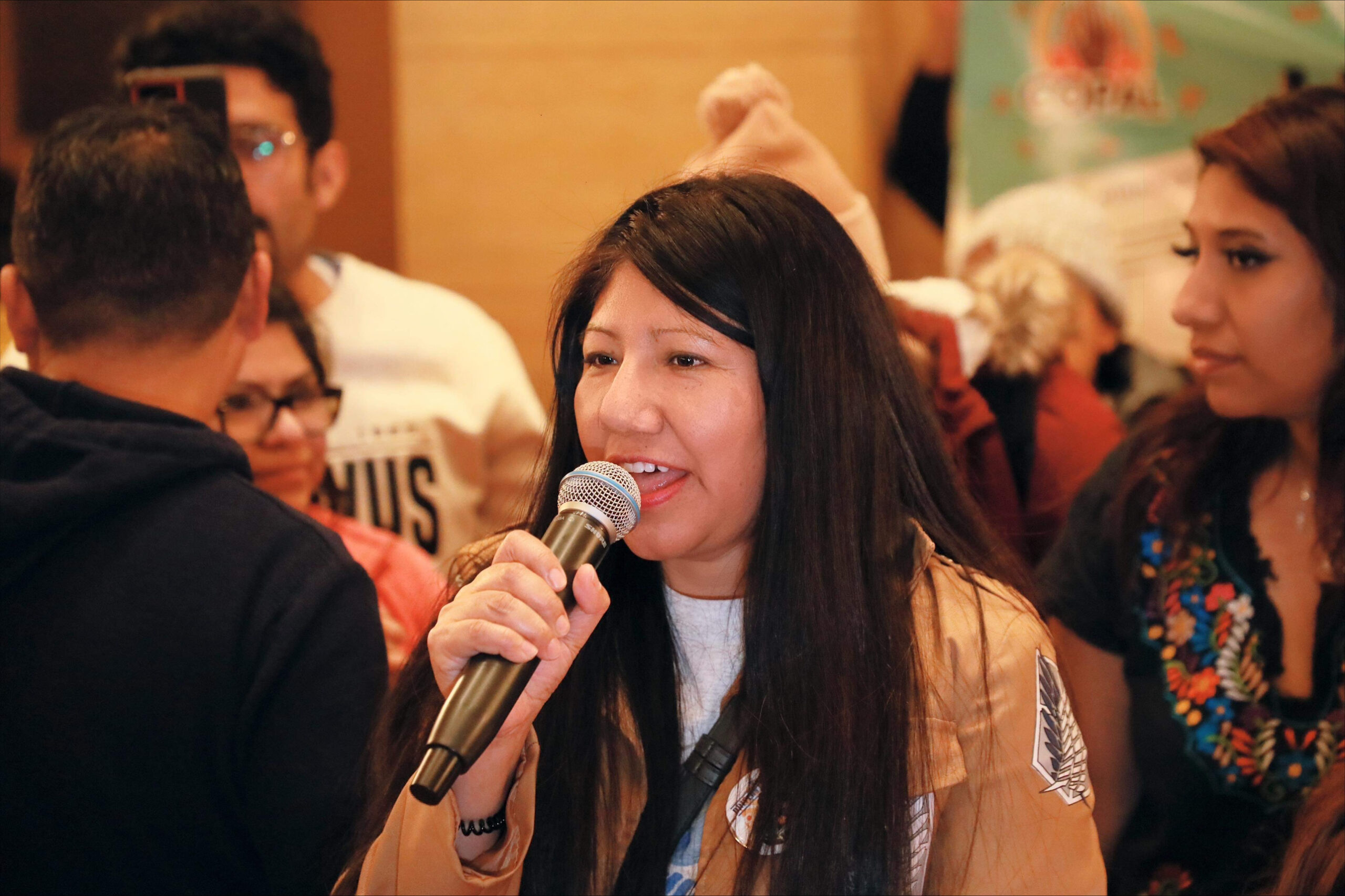
Jovita Francisco Morales, an Indigenous Mazahua immigrant from Mexico, has organized Latine community members out of our Waite House Community Center in East Phillips for more than 15 years. “Waite House is kind of like my house. So much is accessible here,” she said.
After years of fighting, she was one of the leading forces that secured Driver’s Licenses for All in Minnesota during this year’s legislative session. At the end of March and the end of a sabbatical she took to focus on advocacy for the Driver’s Licenses bill with her organization Minnesota Immigrant Movement, she spoke with the Pillsbury United communications team about that recent victory, food access as an organizing tool, and the power of Indigenous women.
Tell us about your relationship with Pillsbury United. How long have you worked here?
I started volunteering in 2002. In 2005, I started work as a regular employee at Waite House. My first job was smoking cessation work. Then I worked at the front desk as a receptionist. Then I worked in the food shelf. And then I started community organizing during our produce giveaway. 60-100 people were showing up to presentations on produce day. We [eventually] organized those people to fight for municipal IDs and Driver’s Licenses for All. It became statewide.
Why have driver’s licenses for all Minnesotans regardless of immigration status been such an important issue to you?
I have been working for so many years at Waite House, and I see community every single day that is in need of food. To have no hunger in the community, we have to look at the policy that makes people vulnerable. Having licenses will let people work; they will have money to bring food to their tables and there will be less trauma; this has caused trauma for 20 years. The system has forced people to take risks and made it hard to take care of themselves by removing their right to a license. There’s a lot you can do with a state ID, like rent housing. The economy will be better because of this.
You’ve been a leader in the movement since the beginning. How did you get involved?
From 2008-2009, collective tables began to form to lead this initiative. At Waite House, we started as Latinas Creativas which became Mujeres en Liderazga and then Mesa Latina, and then Minnesota Immigrant Movement. We wanted Waite House to do training and development to do something in community. That led us to develop the Driver’s Licenses for All bill and to work on getting municipal IDs in the City of Minneapolis, beginning in 2009.
Tell us about the process of working for more than ten years to get the bill passed.
We asked many legislators to carry our bill in the beginning and they said no, but former Representative Karen Clark said yes right away. She recommended Scott Dibble in the Senate who passed it to Bobby Joe Champion. Clark and Champion became our fighters. Our first bill was introduced in the state of MN in 2010. We weren’t successful. In 2012, the bill passed the Senate but not the House. Then we passed it three times in the Senate but not in the House. We did work all over the state promoting the need for it. We had so many meetings. We did hunger strikes twice. We were camping every legislative session outside of the Capitol. The weather was so cold. We were also sleeping inside the Capitol at times. Governor Dayton said he wouldn’t support the bill, so we went to all his election events. We did a lot of rallies and marches. At one point Republican Rod Hamilton became the house author. He tried to bring other members, but he couldn’t. Finally, Senator Zaynab Mohamed and Representative Aisha Gomez carried it in the end joined by Senator Bobby Joe Champion and Representative Maria Isa Perez Vega. Most of the work being done was women. We started with women and ended with women.
Tell us more about the work and power of women in this movement.
I come from an Indigenous community where machismo is still there, adopted from colonialism. Women were minimized and forced to do things. This movement proves that women can do so much, even without degrees. I didn’t have the opportunity to finish high school or go to college but have built so much political connection and power. This movement shows the resources we have—they come from the grassroots community members. When you work with your heart, everything you harvest will be love.
Now that the law is passed, there’s still quite a bit of work to be done to implement it. What is that looking like?
This month we’ve re-visited ten cities around Minnesota doing education and consciousness work. We’re telling people we won; showing them that this is what happens when you don’t give up and you resist. We talk about what the law means, the story of how we got here, and then the bill itself. We want to prepare people to meet the requirements to get a license. We’re talking about responsibility and driving safely. We want people to take care of Minnesota like they’re taking care of their own lives.
Do you have other dreams for Minnesota? What are they?
If I had more money, I’d create more programs, especially housing. Especially in rural MN, we can do a lot to use the food system to organize people and change policy. I also want to see paternalistic systems dismantled. If we say we want justice for everybody, or if we say we want to empower community, what does that really mean to us? My experience is that organizations minimize us or take credit for the work that community has done. How do we recognize all the good work without territorialism?
What are your dreams personally and professionally?
I have been asking myself that. One of my dreams is just to be happy and see people happy. When you see a family that has a lot of love, it’s partly because they are ok. Better jobs and better housing create love and harmony in the family. Need gets in the way of love. We have to share resources and remove barriers in order to live equitably.
